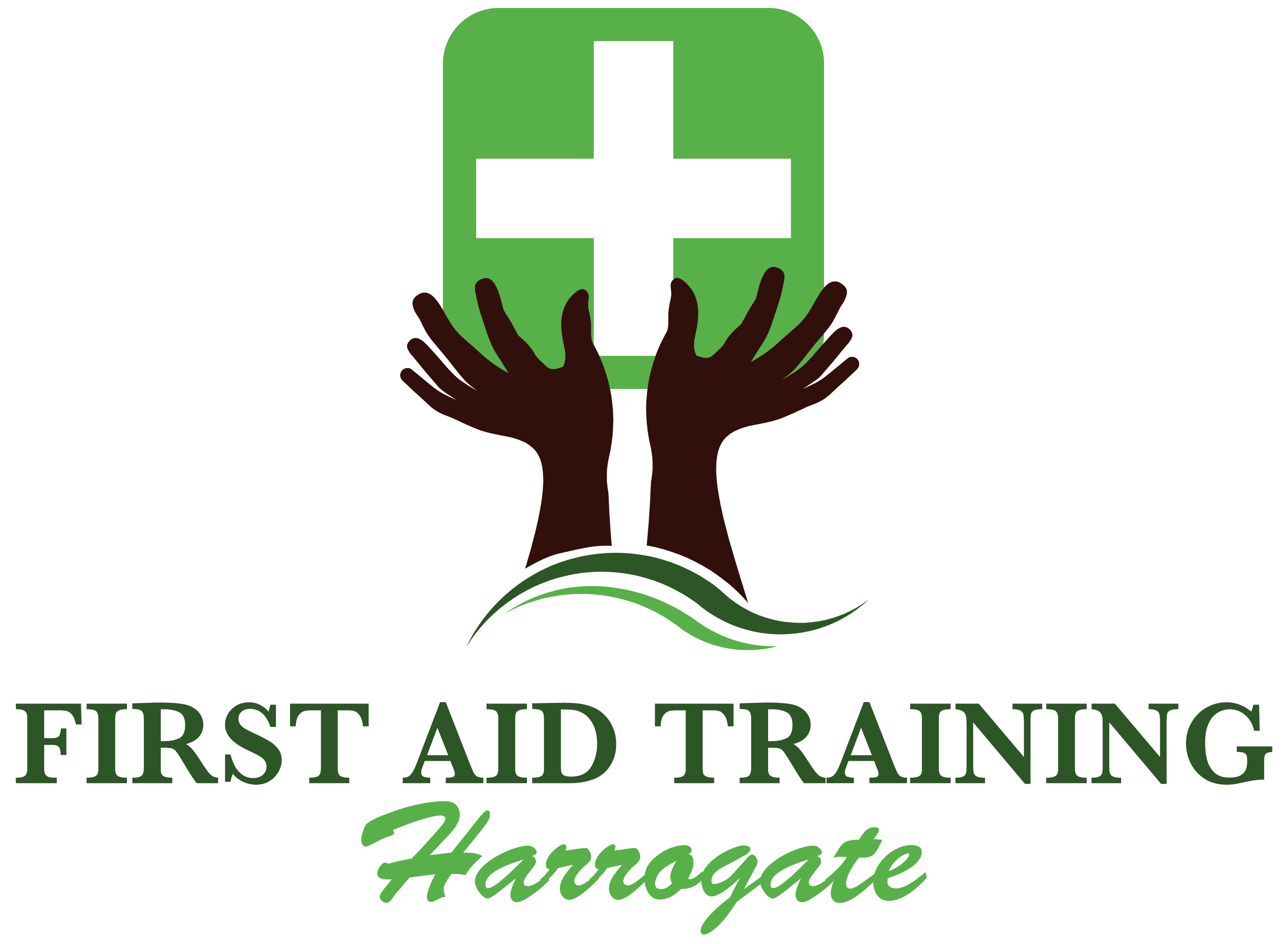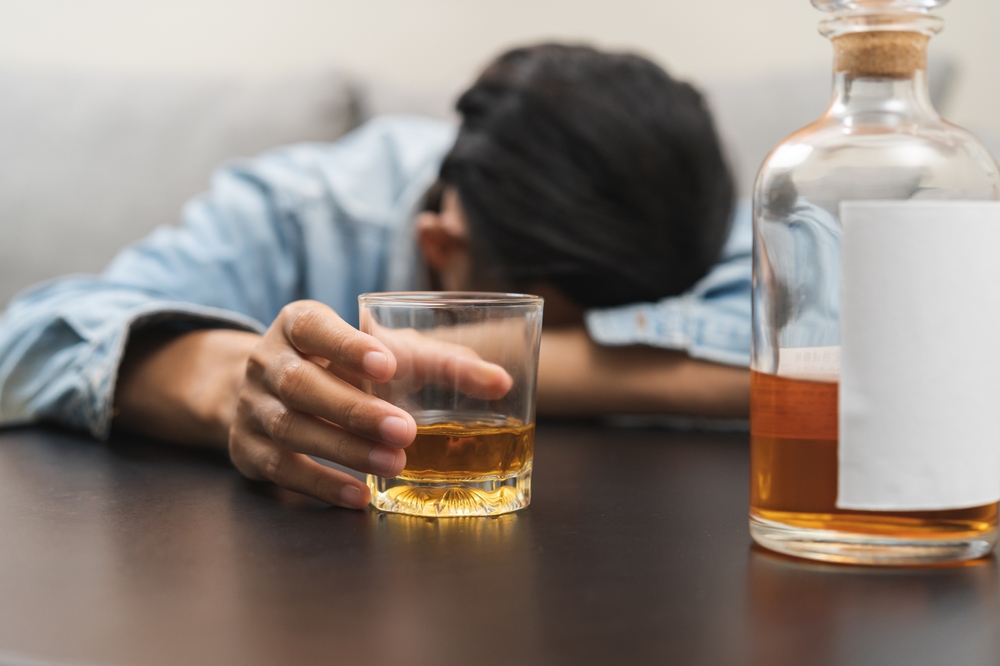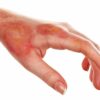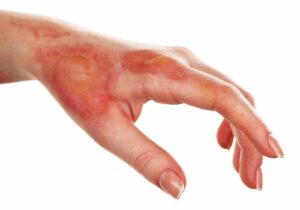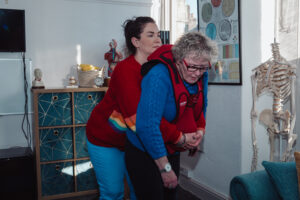Alcohol Poisoning is caused by drinking large amounts of alcohol faster than your body can process it. This severe intoxication is dangerous and depresses the central nervous system which can lead to unconsciousness and even death.
How to check for Alcohol Poisoning
Here are some of the signs and symptoms to look for:
Confusion
Smell of alcohol
Slurring of words
Unable to perform normal functions such as walking, talking and following instruction
Vomiting
Incontinence
Loss of consciousness
Seizures
How to treat severe intoxication
You must stay with the patient to ensure that they don’t choke on their vomit or lose consciousness. Remember to use a calm and assertive tone of voice, giving clear instructions and reassurance.
If the patient is awake, make sure they sit up, offering them small sips of water if they are not vomiting. If they do lose consciousness, call an ambulance, place them in the recovery position and check that they are breathing. Keep them warm using what you have available.
What not to do
It is not advisable to offer caffeinated products or medication to help sober the patient up. These things could make the situation much worse – the caffeine could cause severe dehydration and the medication could interact adversely with the alcohol, causing greater danger to the patient.
It is also not the right time to offer advice on their lifestyle choices – this can all wait.
When to get help
You must check the casualty for injuries, especially head injuries. If the patient has hit their head or you know that they have taken medication in combination with the alcohol, you must seek immediate medical help.
If you are ever unsure whether emergency help is needed, it is better to raise the alarm urgently rather than wait until it is too late. If they do become unresponsive, you must open their airway, check their breathing and start CPR immediately until official help arrives.
Monitoring
With severe alcohol poisoning, the patient will need to go to the hospital to be monitored. It can cause frightening complications such as heart and liver failure which could be fatal. The patient may well require fluids via a drip through their veins to treat dehydration and increase their blood sugar levels. They may also be given help with their breathing until the alcohol wears off.
Alcohol tolerance varies from person to person. Two people could consume the same amount leaving one of them severely intoxicated and the other showing very little effect at all. However, having too much alcohol in your bloodstream ultimately stops your body from working properly and can be life-threatening to anyone, leading to brain damage, coma and death. It is important to know the symptoms so that each person can be treated individually.
First Aid Courses Near You
If you are looking for First Aid Courses in North Yorkshire, get in touch to find out more about our training and available dates. Even if you know how to administer CPR, it is recommended that you take a refresher course at least once a year.
First Aid Training Harrogate
46, Cheltenham Mount,
Harrogate
HG1 1DL
e. patti.hemmings@hotmail.com
t. 07787 831 275
